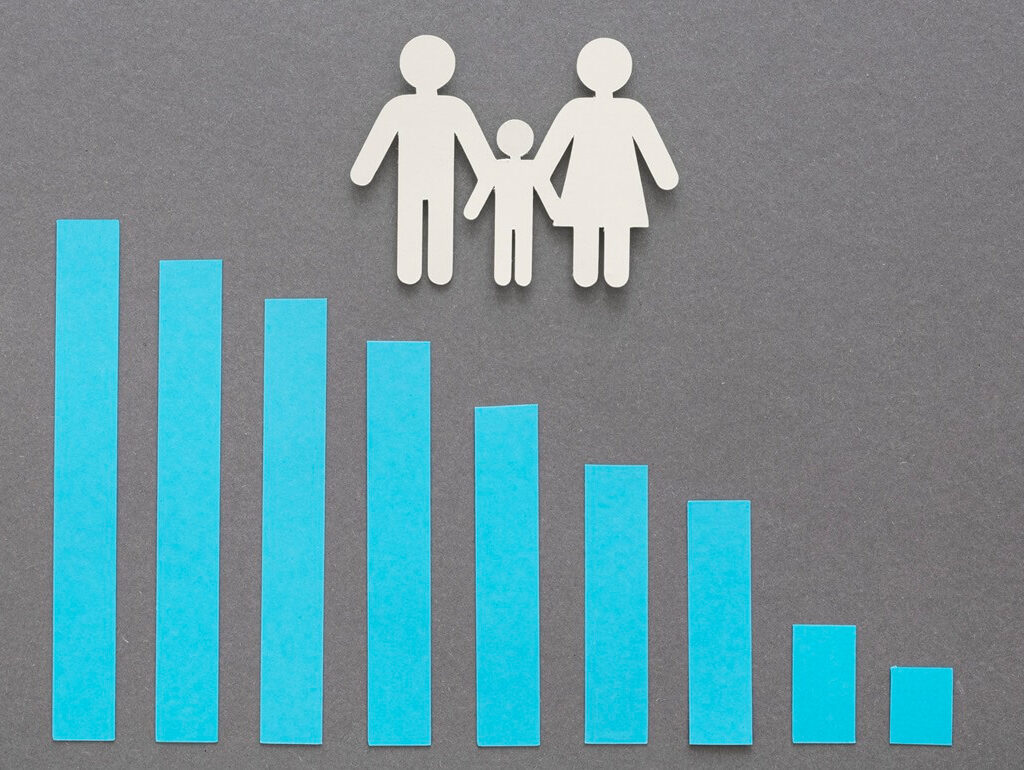In New York state, cheating online or through text messages can be a reason for divorce. This type of virtual cheating is considered cruel and inhuman treatment toward the other spouse. If one spouse does this and it causes emotional harm to the other spouse, it may allow the harmed spouse to file for divorce in New York.
What Is Virtual Infidelity?
Virtual infidelity usually means cheating or being unfaithful through online or digital means, not in-person. It involves activities like having romantic or sexual conversations, sending intimate messages, or having virtual affairs through social media, dating apps, or websites. Virtual infidelity can also mean sharing private nude photos or videos without your partner’s consent. Unlike physical cheating with in-person contact, virtual infidelity happens through electronic communication and online interactions. It causes emotional betrayal and can deeply hurt the trust in a romantic relationship. This type of digital cheating is becoming more common nowadays, creating complex issues around trust, privacy, and relationship boundaries.
How a Virtual Infidelity Can Lead to Divorce in New York?
In New York, virtual cheating (infidelity online) can be grounds for divorce if it causes emotional harm or distress to the spouse who was cheated on. The law in New York allows for divorce due to “cruel and inhuman treatment” – this includes actions that cause mental suffering, making the marriage unbearable. Virtual cheating can fall into this category if it breaks down trust and intimacy in the marriage. If the spouse who was cheated on can prove the virtual infidelity significantly distressed them emotionally or damaged the marriage, it can justify filing for divorce in New York. However, every situation is different, so it requires a legal review to determine if virtual cheating meets the grounds for divorce in that specific case.

Also worth mentioning that the virtual cheating online can break the trust and intimacy in a marriage. This makes it very hard for the marriage to continue. The emotional harm from virtual infidelity causes feelings of betrayal and disconnection between spouses. When the marriage breaks down this much due to the online cheating, it often leads to differences that cannot be resolved. This is why one or both spouses may decide to get divorced in New York as a result of the virtual infidelity.
Is Virtual Infidelity Considered as Adultery?
So, as we mentioned in previous paragraph, an online affairs can be just as hurtful and damaging as physical cheating. If you want to get divorced in New York because of virtual infidelity, there are a few key points you should know:
- In New York, cheating online is legally considered adultery, which is grounds for divorce.
- You will need to provide proof and evidence that the online affair occurred.
- The court will look at various factors when deciding if they will grant a divorce due to the online cheating.
While the affair happened virtually, it can have very real consequences and potentially justify a divorce, but you need proper evidence and it’s up to the court’s discretion based on your specific situation.
Is Sexting Considered Adultery?

Sexting (sending sexual messages and/or photos) is not always legally considered adultery or cheating, as adultery usually refers to physical sexual activity outside the marriage. Whether sexting counts as legal adultery can depend on specific details of the situation. In some cases, sexting may be viewed as evidence of emotional cheating or virtual infidelity, which could potentially justify grounds for divorce on a “cruel and inhuman treatment”or other legal actions.
Could Your Partner’s Online Activities Affect the Outcome of Your Divorce?
So, the things that you or your spouse do online, for example like social media posts, emails, texts, and other internet interactions, can be brought into court and included in your divorce proceedings as an evidence. If your spouse has an online affair or behaves inappropriately online, it could affect decisions on child custody, alimony payments, and how assets are divided. Social media posts showing excessive spending or irresponsible behavior can also impact financial settlements in the divorce. The courts may also look at online activities that demonstrate irresponsibility or untrustworthiness when deciding the terms of the divorce. So it’s very important to be aware that your spouse’s online actions and digital trail can be used as proof and can significantly impact the divorce process and outcomes.
How To Get Out of a Marriage if You Suspect Your Partner Has Committed Virtual Infidelity?

As a Penal Law SECTION 255.17 states, If you think your spouse has committed virtual adultery (cheating online), you can file for divorce based on adultery grounds in New York. In New York courts, virtual infidelity that can qualify as adultery includes having virtual relationships or cybersex with others outside the marriage.
But, it is worth to mention that proving virtual infidelity as grounds for divorce in New York is not easy. In 2024 the courts are not fully prepared yet to handle these types of online cheating cases smoothly, having strong evidence and legal representation is important since the courts may struggle with defining and proving virtual infidelity.
Conclusion
To sum up all that has been said before, if you suspect that your spouse has been unfaithful, don’t make any rash decisions. You can file for divorce, stating adultery as the reason, but only if you have proof of the cheating and at least one year has passed since the infidelity occurred. You need evidence of adultery, there’s a waiting period of one year, and it’s wise to get legal counsel from an attorney experienced in these types of divorce cases.

Rafael Hebert is an experienced writer specializing in such topics as infidelity in marriage and divorce. His works can be seen on popular blogs like Marriage.com and Divorce Magazine. Having background in relationship counseling, Rafael is dedicated to helping individuals with emotional issues surrounding infidelity and educating them on their divorce options. In his free time, Rafael enjoys watching documentaries and visiting film festivals in different states.







